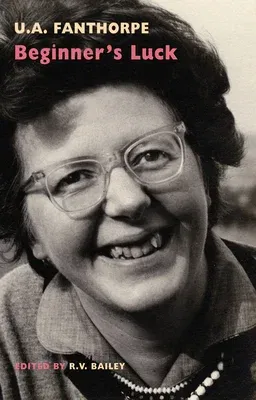U a Fanthorpe
(Author)Beginner's LuckPaperback, 20 June 2019

Qty
1
Turbo
Ships in 2 - 3 days
Only 1 left
Free Delivery
Cash on Delivery
15 Days
Free Returns
Secure Checkout

Print Length
96 pages
Language
English
Publisher
Bloodaxe Books
Date Published
20 Jun 2019
ISBN-10
1780374747
ISBN-13
9781780374741
Description
Product Details
Author:
Book Format:
Paperback
Country of Origin:
US
Date Published:
20 June 2019
Dimensions:
21.34 x
13.72 x
1.27 cm
Genre:
British
ISBN-10:
1780374747
ISBN-13:
9781780374741
Language:
English
Pages:
96
Publisher:
Weight:
158.76 gm